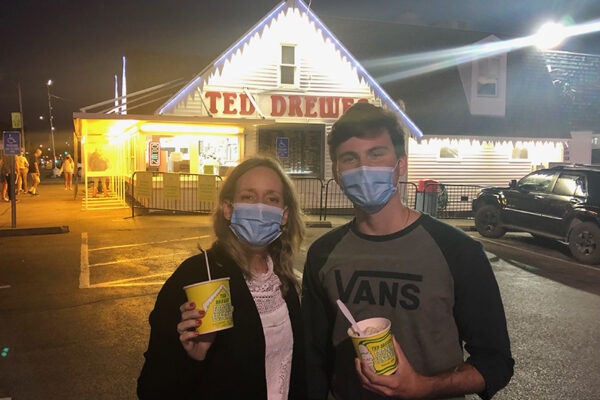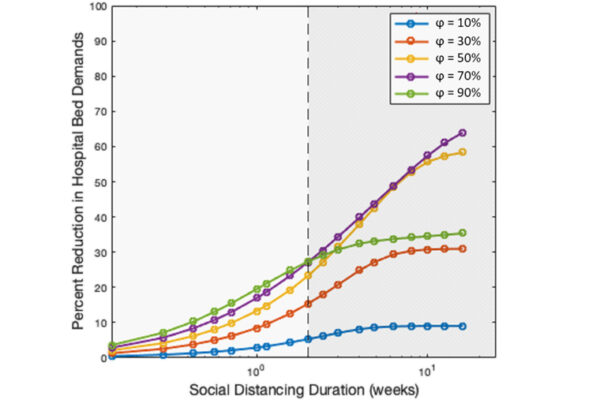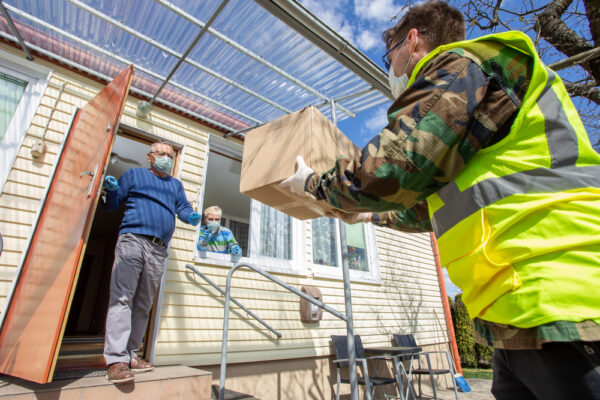As schools and entertainment venues close due to the coronavirus outbreak, many of us are seeing our social circles reduced quite significantly. An expert on social support at Washington University in St. Louis offers a few evidence-based suggestions for thriving during household isolation.

“We don’t know for sure what the long-term health outcomes of widespread forced social isolation will be, but given what we know about the effects of social isolation and stress on physical and mental health, there is reason to be concerned,” said Tess Thompson, research assistant professor at the Brown School and author of a recent study on social isolation and health.
To help alleviate some of the stress inherent in social isolation, Thompson offers these tips:
- Stay connected: It’s important to maintain social connection as much as possible during this time. One way to do that is through technology and social media. You can plan a happy hour with your friends through Google hangouts, or play board games via Zoom or Skype. Kids can play Minecraft or other online games with their friends. Some gym coaches and music teachers are scheduling sessions online.
-
‘Go for walks in parks or in your neighborhood. You can still smile and say ‘hi’ to people while maintaining a safe distance. If you run into your neighbors, ask if they need anything.’
Tess ThompsonActively engage: There’s some evidence that using social media in active ways, such as sharing content or commenting on social media posts, is associated with better mental health, whereas passive use, like scrolling through a newsfeed, may be associated with worse mental health.
- Create family time: If you’re living with other people, come up with fun activities you can do together so you don’t all retreat behind separate screens. Play board games, read books aloud, play music together, go for walks, eat dinner together. Make time to cuddle your kids, your significant other and/or your pets.
- Respect your elders: If you’re separated from older loved ones, be sure to reach out to them through whatever medium they prefer. Have kids write letters to grandparents or chat with them online or over the phone. Email or text them updates and let them know they can reach out to you if they are lonely or need anything.
- Get outside: Go for walks in parks or in your neighborhood. You can still smile and say “hi” to people while maintaining a safe distance. If you run into your neighbors, ask if they need anything.
WashU Response to COVID-19
Visit coronavirus.wustl.edu for the latest information about WashU updates and policies. See all stories related to COVID-19.


